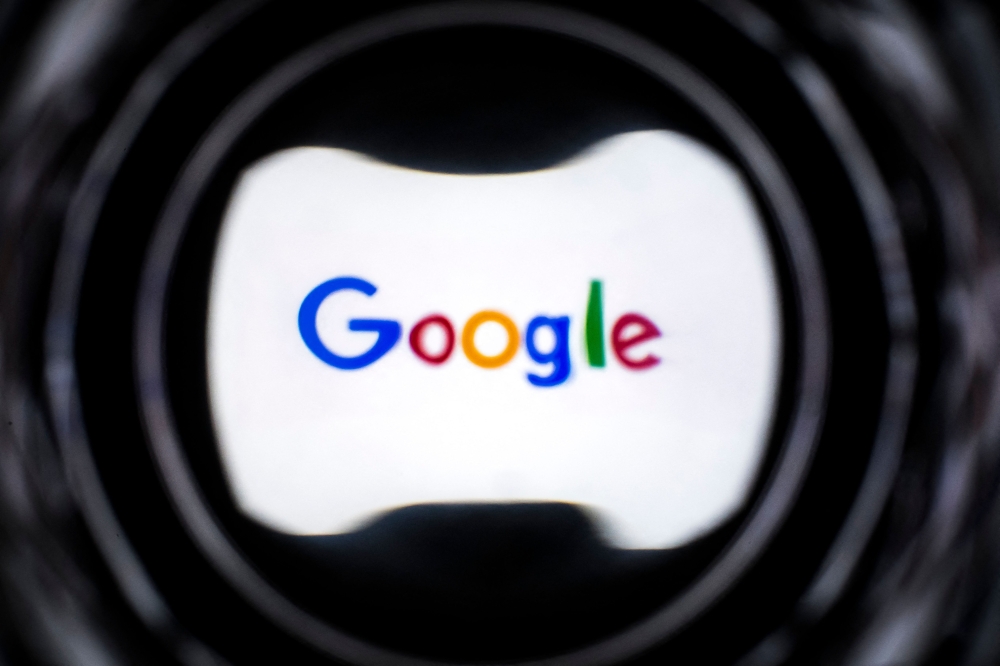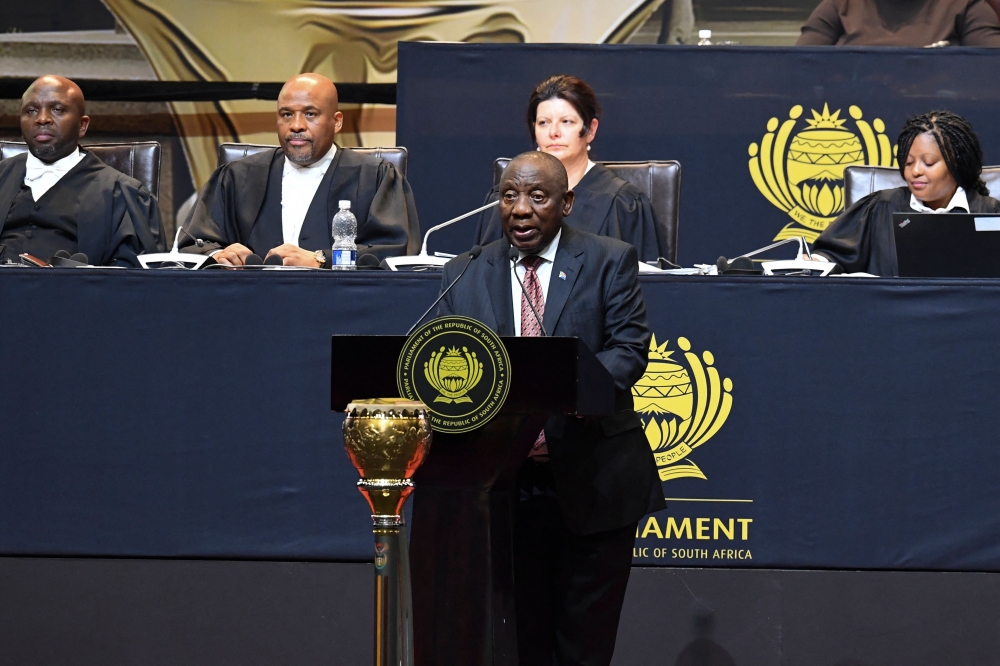During the closing arguments of a historic antitrust trial in Washington on Thursday, a US judge pushed back against the main points made by the US government and Google’s legal representatives.
Six months after the conclusion of testimony, over two days of hearings, federal judge Amit Mehta, whose ruling is not anticipated until later in the year, asked questions.
The case is the first of five significant claims filed by the US government that will go to trial; other cases against Google, Meta, Amazon, and Apple are also slated to go to federal court.
The US Department of Justice (DOJ) is up against a major computer business in court for the first time since Microsoft was attacked over 20 years ago due to the dominance of its Windows operating system.
Judge Mehta, who oversaw months of hearing during which Google CEO Sundar Pichai and other senior executives took the stand, will render the ruling in the search engine case.
The government’s case revolves around Google’s large payments to Apple and other businesses in order to maintain its dominant search engine as the default option on iPhones, web browsers, and other devices.
The trial uncovered payments to Google totaling tens of billions of dollars annually to maintain its premium real estate on Apple products or the Mozilla and Safari web browsers.
Trial records released last week revealed that Google paid Apple $20 billion in 2022 for the default position.
Attorneys for the DOJ contend that Google’s default agreements, which also extended to Samsung and other device manufacturers, helped the company establish and maintain its hegemony and stifle competitors.
Judge Mehta, however, voiced questions about whether the lawsuit had shown enough adverse effects to qualify the deals as anti-competitive under US law and precedent.
The Microsoft case is a significant precedent that established the illegal misuse of monopolistic power by digital platforms to penalize its competitors.
However, Mehta deduced that because there were no agreements to explicitly bar rival browsers and other products, the Google situation was very different from Microsoft’s.
Mehta stated that “this case is different” as an iPhone user has the choice to download and use competing apps.
“You must demonstrate real harm to competition. Mehta informed the US government lawyers, “You have to establish foreclosure first and if you can’t, you lose.”
Billions to Apple
Mehta also made inroads into Google’s position, questioning how a competitor search engine that offered a comparable product could have access to the default offers if it would cost tens of billions of dollars.
“Even if they can meet on that (quality) battlefield, they then would have to spend billions more to make Apple whole,” Mehta stated.
Mehta also addressed the internet giant’s argument over whether searches on Amazon, Facebook, or Expedia were competitive with Google.
Including activity on those websites would undermine the US case, which is predicated on preserving the relevant market as general search, where Google holds a market share of more than 80% in the US.
Mehta also focused on Google’s claim that DuckDuckGo, a search engine that prioritizes privacy, was a rival.
“You really think that DuckDuckGo is a competitor on Google?” Google’s attorney, when Mehta questioned, affirmed that it was.
Pointed questions were also directed at attorneys from the Justice Department, and Mehta refuted the notion that Google’s hegemony has inhibited innovation in search.
The court cautioned that would be “a hard road for you to go down”.

















Leave a Reply